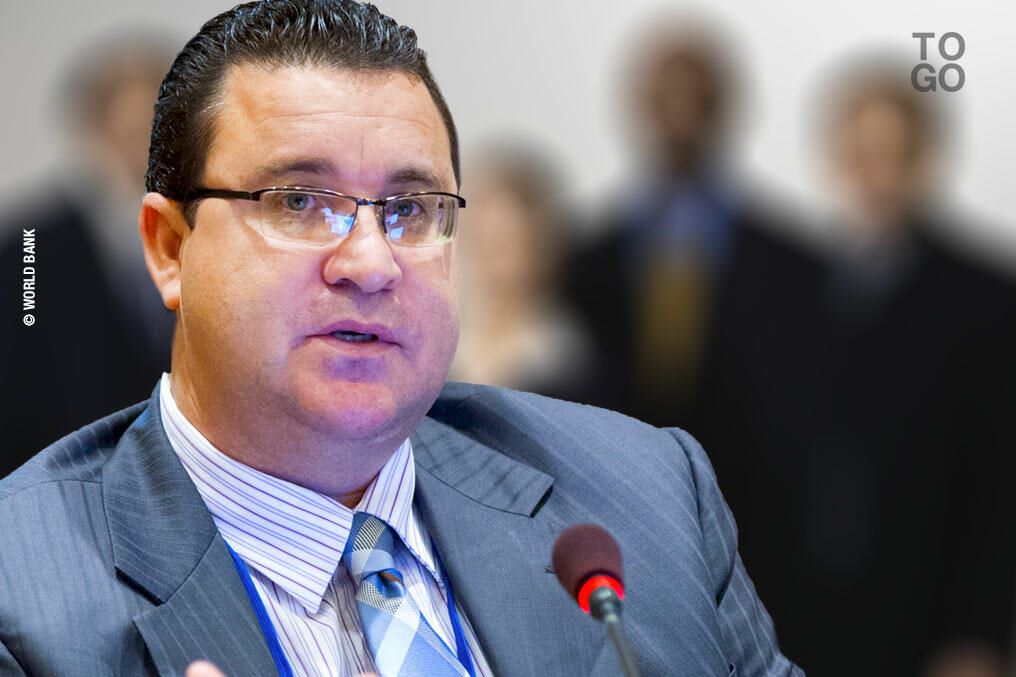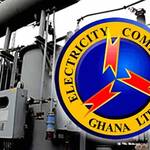Contrary to accusations of reckless borrowing sinking Ghana into a debt crisis, World Bank Country Director to Ghana Pierre Frank Laporte, has confirmed that Ghana’s energy sector debt especially financial obligations towards John Mahama era power contracts is a major contributor to the country’s debt woes.
According to him, one of the major factors the World Bank has identified as driving the country’s debt situations is the energy sector.
Laporte said the deficiencies in the energy sector characterised by the tariff systems and management issues coupled with expensive power purchases by the state in addition to the transmission losses, were the major problems in the energy sector driving Ghana’s debts.
Tariff issues
He pointed out that the mismatch between the production cost of the Independent Power Producers (IPPs) compared to how much consumers paid led to an upsurge of debts since the government could not make financial commitments to the IPPs.
Mahama era power contracts expensive
Speaking in television interviews he also said the Power Purchasing Agreements (PPAs) signed by the previous government were expensive.
Cost of electricity in Ghana remains among the highest within the ECOWAS bloc.
For instance, while in La Cote d’ Ivoire the cost of electricity is 9-12 cents per kilowatt-hour (kWh); Nigeria, 7-11 cents per KWh; Benin, 17-19 cents per KWh; and Togo, 16-18 cents per kWh; that of Ghana’s is 11-20 cents per kWh.
For domestic (residential) usage in Ghana, it ranges between 13-17 cents per kilowatt-hour, while for non-residential usage it ranges between 15-26 cents per kilowatt-hour.
Paying for power not consumed (excess capacity charges)
In addition to the exorbitant power purchases, the country was paying for energy it does not use known as capacity charges due to the ‘’take or pay contracts.’
Laporte stated that the PPAs are just expensive and the kind of PPAs signed are take or pay. “You pay although you do not use it”.
“The fact is that in the past few years, Ghana entered into an agreement at a wrong rate and the wrong price, and it has impacted on the debts situation, ’’ he stated.
Energy sector shortfall to be limited to 2.7% of GDP in 2023
In the $3 billion International Monetary Fund (IMF) agreement, it has been agreed to limit this year’s shortfall in the energy sector to around 2.7% of GDP.
Energy sector shortfall to be limited 1.7% of GDP by 2026
Beyond 2023, the programme’s baseline projections conservatively assumes that the sector shortfall will be gradually reduced to reach 1.7% of GDP in 2026 (assuming modest tariff adjustments and slight improvement in grid/recovery losses).
In the IMF agreement, government is to conclude renegotiation of contracts with IPPs to further reduce costs.
In the same vein, IPP power plant verification audit will be completed by end-June 2023 to ensure transparent billing.
In addition, merit dispatch order will be monitored on a regular basis to ensure cheaper electricity goes first on the grid.
$937.5m paid for excess capacity charge in 4 years
Government paid $937.5 million to three independent power producers (IPPs) signed during the John Mahama era for excess capacity charge between 2017 and 2020.
AKSA was paid $347 million, Karpower $359 million and Cenpower $251 million.
AKSA was paid $35.7 million in 2017, $59.4 million in 2018, $136.8 million in 2019 and $115.3 million in 2020.
In the case of Karpower, the company received $65.5 million in 2017, $108.9 million in 2018, $138 million in 2019 and $46.8 million in 2020.
With regard to Cenpower, the company received no payment in 2017 and 2018 but was paid $86.5 million in 2019 and $144.8 million in 2020.
Meanwhile, IPPs have rejected a government proposal to restructure $1.58 billion in arrears owed them by the state.
Mr. Laporte asked the government to pursue some reforms in the areas of tariff adjustments, addressing the transmission losses through improved infrastructure and restructure the power purchasing agreements consistent with the energy demands of the country to reduce significant portion of the debts.
The WB Country Director acknowledged the progress made thus far through the recent increment and subsequent approval in tariff by the Public Utility Regulatory Commission (PURC), saying much could be achieved if the intended reforms in the energy sector were implemented.
He also advised the Government to take advantage of the West African Power Poll, to provide cheap electricity for its people and industry.
According to the Fitch Ranks, the energy sector is the biggest driver of national debt as Ghana currently owes independent power producers to the tune of $ 1.58 billion.
Fitch Ranks also says the country had initially reached out to the IPPs to restructure their debts in view of the External and Domestic Debt Restructuring but the companies objected to the proposal.
- Commonwealth lawyers demand reversal of CJ’s suspension - 10 May 2025
- Cedi to resume depreciation in late 2025, S&P warns - 10 May 2025
- Debt restructuring, IMF deal, gold surge propel Ghana to S&P Upgrade - 10 May 2025

